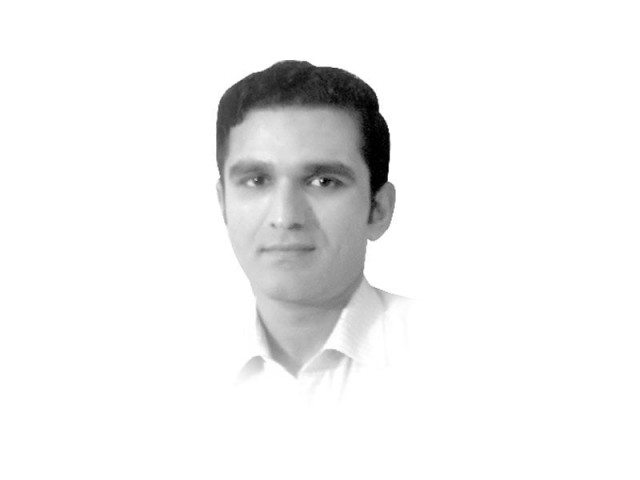Some introspection please?
Let me posit a rather obvious, but seldom discussed theory: why not look at ourselves and change ourselves first?

The writer is the Chairperson of the History Department at Forman Christian College, Lahore
A lot of people have commented on the brutality and the senselessness of the Quetta killings and I have seen people being jolted by the scenes of men, women and children sitting by the side of decomposing bodies of their loved ones in extreme cold and rain. These visions shook a number of people and a large number protested against such inhuman killings. However, what I also noticed was the fact that after such protests, which were important, almost everyone just went away as if nothing had happened. For the upper middle class, for example, the daily routine of coffee, lunches and dinners continued after these protests. For the working class, understandably, life is too tough and hard in any case to care much about someone else’s misery. But it is as if a lot happened, but nothing changed.
As the events in Quetta unfolded, I noticed the reaction of students at the university I teach. Since a large number of students at the Forman Christian College come from Balochistan, I expected some reaction, some discussion in classes — something to show that it was not business as usual. However, except for some murmurings from some students, the general atmosphere remained unchanged. When I asked around for something beyond simple protests, people had no idea what to do or say, and this made me think: we, the common people in Pakistan, cannot do anything to prevent acts of terrorism or solve the larger issues of Pakistan, but what we can do is to begin the process by changing ourselves a bit and doing something for our immediate surroundings. Let me explain what I mean.
Pakistan is increasingly becoming a country of extremes. Either X is good or X is evil, either the decisions of the judiciary are good or they are bad, either fix the ‘system’ in 90 days or we will not accept anything else, either everyone pays tax or no one pays tax, and the list goes on. Quite obviously, neither a country, nor a person’s life, can be run only on extremes. Pakistan has also become a country where we always look at the other person. So, X does not give taxes and so I won’t either; Y is a crook and so I can be one, too, etc. This definition by the ‘other’ is actually rather emblematic of our national predicament. Since Pakistan was largely defined as ‘not-India’, a national identity and discourse sans the ‘other’ (i.e., India) has never really developed. And this has permeated the population. We never self-define ourselves and always look at the ‘other’ first and then react.
So, let me posit a rather obvious, but seldom discussed theory: why not look at ourselves and change ourselves first? Why don’t I start paying all the taxes I owe the government and stop wondering whether others are paying them or not? Why don’t I start following traffic rules and not care about the car which speeds past a traffic light? Why don’t I start talking about and practicing tolerance, peace and mutual co-existence in my surroundings? Why don’t I first give the people who work for me a respectable wage before worrying about the ‘poor masses’ in the country? And I can go on.
A few months ago, two very good friends of mine, who were dating, almost broke up because they belonged to different sects of Islam. Both had lived abroad, had been to the world’s top universities, yet accepting that they could still be together, with one being Shia and the other Sunni, was simply too much. So, why worry about the Shia/Sunni conflict in far off Quetta when it is an issue in our own lives? Can we not begin the change from ourselves? (And I need not put the often-quoted Gandhian saying here).
Published in The Express Tribune, January 22nd, 2013.













COMMENTS
Comments are moderated and generally will be posted if they are on-topic and not abusive.
For more information, please see our Comments FAQ